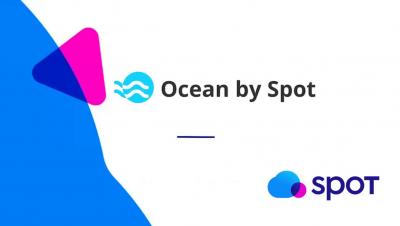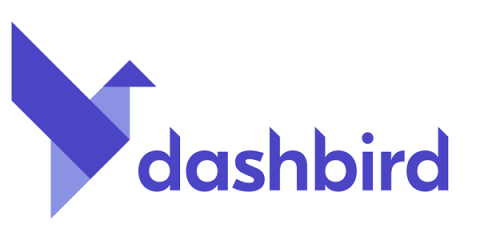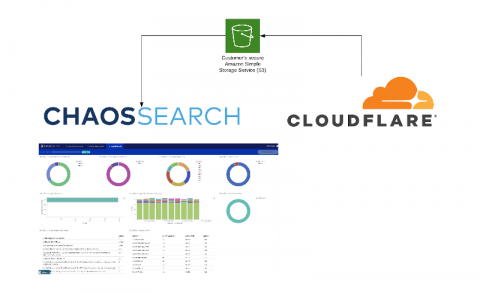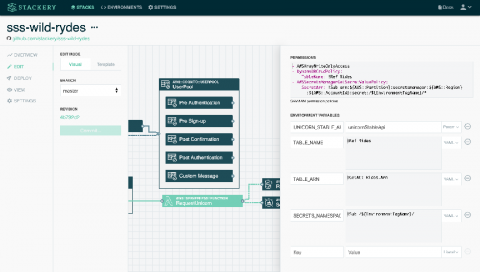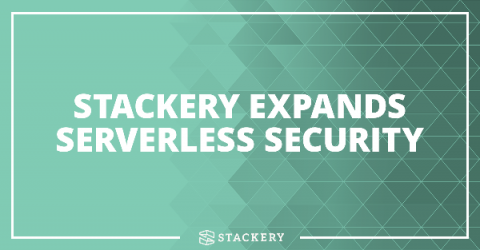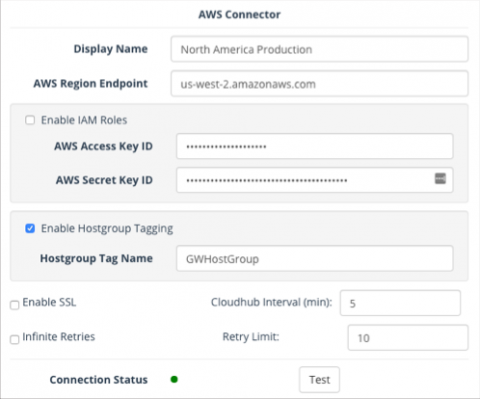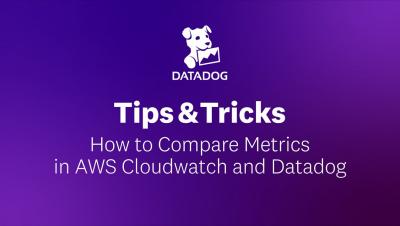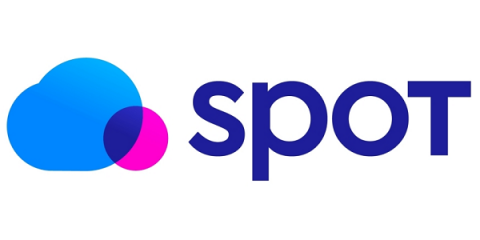Operations | Monitoring | ITSM | DevOps | Cloud
Cloud
The latest News and Information on Cloud monitoring, security and related technologies.
Early-detection of Potential Sources of Failure in Serverless
We recently wrote about why serverless applications fail and how to design resilient architectures. Being able to detect early-stage failure indicators can be invaluable. With proper monitoring, developers move from waiting for the system to crash and adopt a more proactive attitude in managing resource allocation and architecture design to avoid bottlenecks and performance degradation.
The Importance of Cloud Performance and Security Platforms
Work, education, and even many of our leisure activities have all moved on-line at an incredible pace due to current social distancing mandates. The digital backbone of the Internet and the SaaS services that drive our personal and professional lives are now foundational. Ensuring that these systems are operating optimally and securely is of paramount importance.
The Anatomy of a Secure Serverless Platform - Delivery
I recently joined Stackery from Puppet: a company that specializes in great automation software for the globe’s biggest enterprise IT operations teams. I had the privilege of learning from folks doing the best work of their life to automate the provisioning, configuration, and maintenance of infrastructure that enables teams of developers to move fast and make a difference for their business.
ANNOUNCEMENT - Stackery Expands Serverless Security and Continuous Delivery Capabilities
Today, Stackery is announcing enhanced security and continuous integration and delivery (CI/CD) capabilities that enable teams to automate delivery best practices from laptop to production. With additional audit capabilities, scoped IAM permissions, and secrets management for automated verification and deployment pipelines, Stackery helps teams scale serverless usage and accelerate modernization and innovation projects.
Stackery Verification Pipeline
Cloud Service Monitoring with GroundWork Cloud Hub
Cloud Computing Services like AWS, Google Cloud and Microsoft Azure are revolutionizing IT infrastructures at a rapid rate. However, businesses have not completely adopted Cloud services, and many of us are still running hybrid on-premise and cloud solutions. The GroundWork solution is to unify all monitoring, whether it be on-premise or in the cloud.
How to Compare Metrics in Amazon CloudWatch and Datadog | Datadog Tips & Tricks
Leveraging EC2 tagging for continuous optimization of containerized workloads
Ocean by Spot delivers a serverless container experience by managing the underlying cloud infrastructure. It automates the scale up/down and management of spot instances, reserved capacity and on-demand instances (as needed) within a cluster. Ocean accomplishes this with a fundamental construct called Launch Specification.
How to effectively manage your AWS costs
Often, when companies are new to Amazon Web Services (AWS), they aren’t focused much on the cost. They’re more likely fixated on taking advantage of the scalability and flexibility offered by the cloud. As a company’s AWS cloud infrastructure grows, it will find that its cloud costs grow as well. As the number of AWS accounts increases over time, there’s a higher chance of overspending on unnecessary cloud resources.


